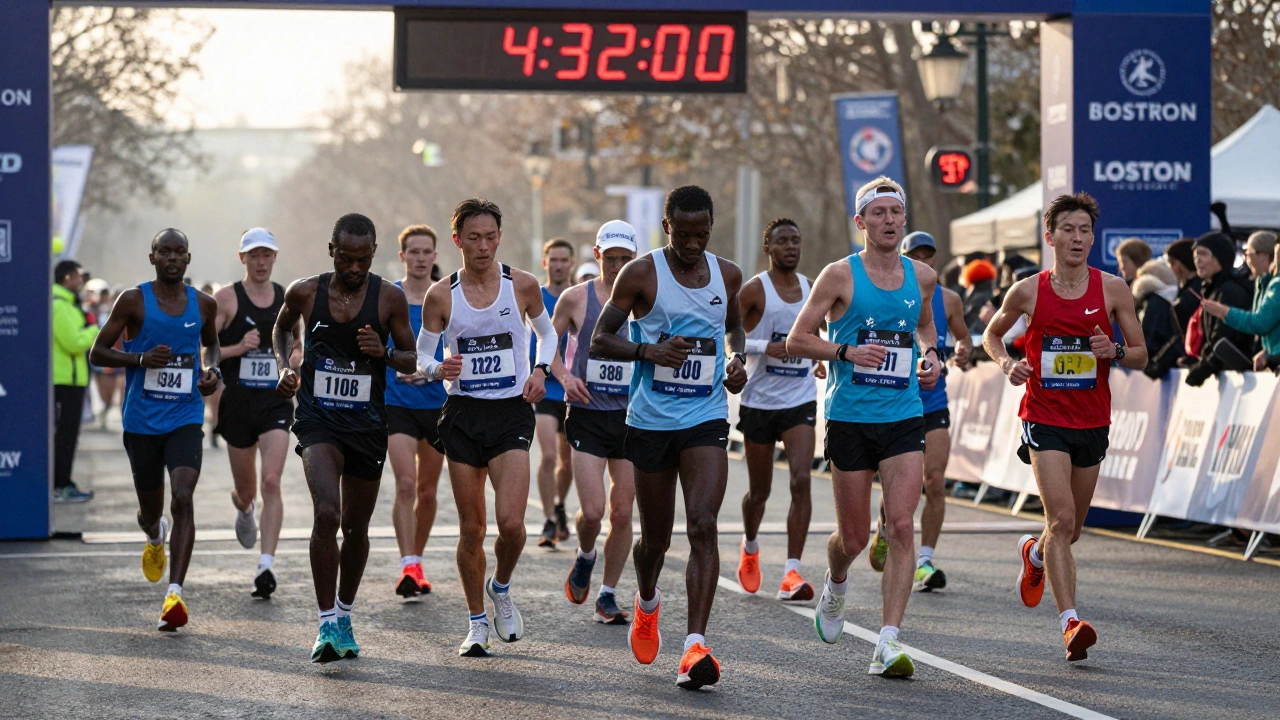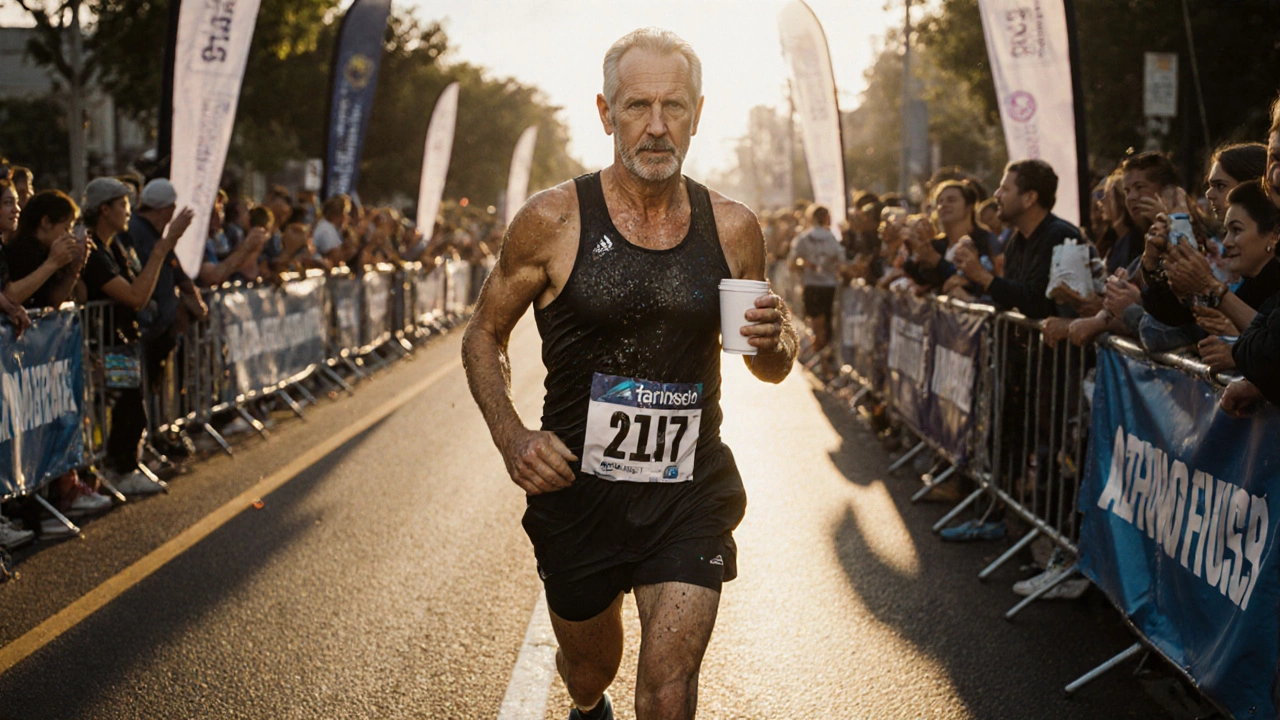Marathon Pacing: How to Run Your Best Race with the Right Strategy
When you're training for a marathon, marathon pacing, the deliberate control of your speed over 26.2 miles to optimize endurance and performance. It's not about going as fast as you can from the start—it's about staying in control so you don't hit the wall at mile 20. Many runners think faster miles in training mean a faster race, but that’s a trap. The best marathoners don’t sprint early. They save energy for the final stretch by sticking to a steady, sustainable rhythm.
marathon training, the structured plan that builds endurance, strength, and mental toughness over months isn’t just about logging miles. It’s about learning how your body responds to different speeds. A 20-mile long run done at goal race pace teaches your muscles, heart, and mind what to expect on race day. And if you’ve ever wondered why some runners fade after mile 18, it’s often because they started too fast. race strategy, the plan that links pacing, fueling, and mental focus to achieve a specific finish time turns a long run into a smart race.
Marathon pacing doesn’t need fancy gear or expensive apps. It needs consistency. If your training runs are all over the place—sometimes sprinting, sometimes dragging—you won’t know what pace feels right on race day. The key is repetition: run your planned pace week after week, even when you’re tired. That’s how your body learns to hold it. And don’t ignore the mental side. When your legs burn and your mind screams to speed up, your pacing plan is your anchor.
What you’ll find in these posts isn’t theory—it’s what actually works. From how to time your 20-mile long run to why wearing the right shoes matters more than you think, the articles here cut through the noise. You’ll see how elite runners manage their energy, how everyday runners avoid burnout, and why some people finish strong while others crash. Whether you’re new to marathons or chasing a personal best, the real secret isn’t speed—it’s control. And that starts with pacing.
Published on Feb 15
0 Comments
The average marathon finish time is 4 hours and 32 minutes, but results vary by age, gender, and course. Learn what's realistic for first-timers and how to train for your goal time.
Published on Nov 16
0 Comments
Many marathon runners walk during races-not out of weakness, but as a smart strategy to finish stronger. Learn how and why walk breaks improve performance, reduce injury, and help you reach your goal.

